If you are injured while working, determining whether you are a worker or an independent operator is a critical question that could decide your right to sue for damages.
Although a third party can still be sued, the Workplace Safety and Insurance Act, 1997 (WSIA) denies a worker’s right to sue their employer(s) if that worker is in the course of their employment when injured. Independent operators are not considered workers however, and their right to sue an employer is not restricted by the WSIA.
The Workplace Safety and Insurance Board (WSIB) is the sole authority capable of determining whether a person’s right to sue an employer is taken away. The WSIB has the final word on the matter, and its decision is not open to question or review in court.
In considering the question of whether a person is a worker as opposed to independent operator, the WSIB must consider the factors outlined in the WSIA, the decisions of the Workplace Safety and Insurance Tribunals (a separate entity from the WSIB, where workers and employers may bring disputes concerning workplace safety), and the policies of the WSIB.
Factors relevant to the WSIB include:
| Contract of Service | An agreement to work for an employer on a full or part-time basis, where the employer has the right to control what, where, when, and how work is performed is indicative of a worker. |
| Contract for Service | An agreement to perform specific work in return for payment, with control over when and in what manner the work is done, is indicative of an independent operator. |
| Equipment Ownership | If the injured person is using equipment owned by the employer, the indication is that they are a worker. |
| Compensation | The ability to negotiate amount and method of payment is indicative of an independent operator. |
| Business Indicia | Those operating under a business name, registered as a business or corporation, or invoicing for services rendered are typically independent operators. |
| Intention of Parties | Whether the parties intend the business relationship be worker-employer or independent operator is given substantial weight by the WSIB if supported by objective facts. |
| Economic Market | If the injured person had the opportunity to increase their profit, and carried the risk of loss, this indicates an independent operator. |
| Substitute Service | If the injured person can hire others to complete work without their employer’s consent, this is indicative of an independent operator. |
| Degree of Integration | If the injured person could be considered integral to the operation of the business, it is likely that they are a worker. |
This list of factors includes some common considerations, but the WSIB uses a flexible, adaptive approach, focusing on the reality of the business relationship in the unique context of each case. Since business relationships can take a variety of forms, it is important to retain legal advice if you are unsure of your status in the workplace. This may determine whether you can sue your employer for damages, or whether an alternative course of action is necessary.
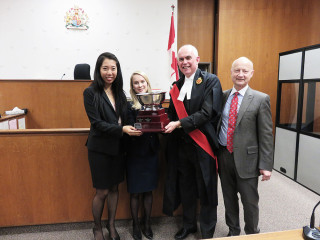
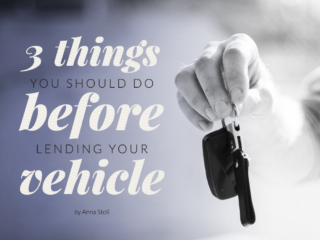
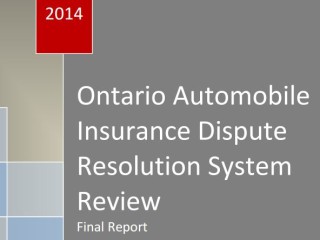





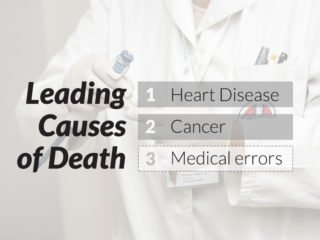



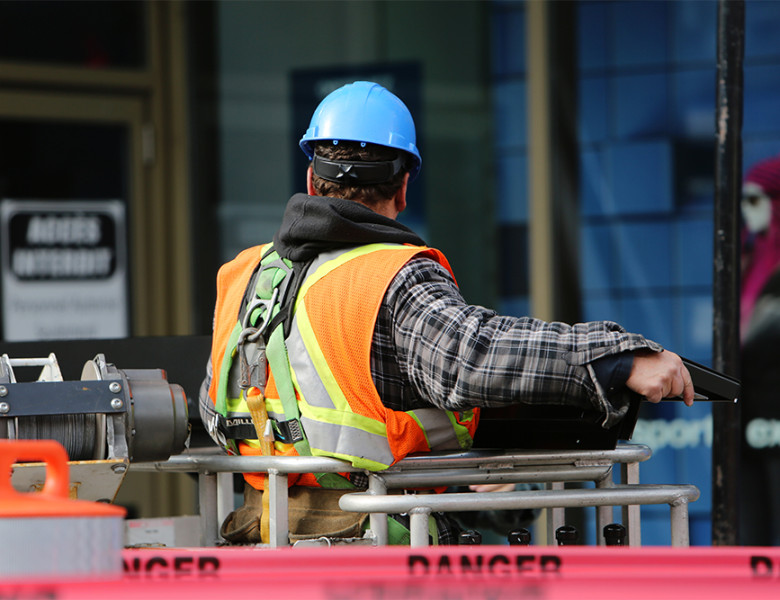

1 Comment